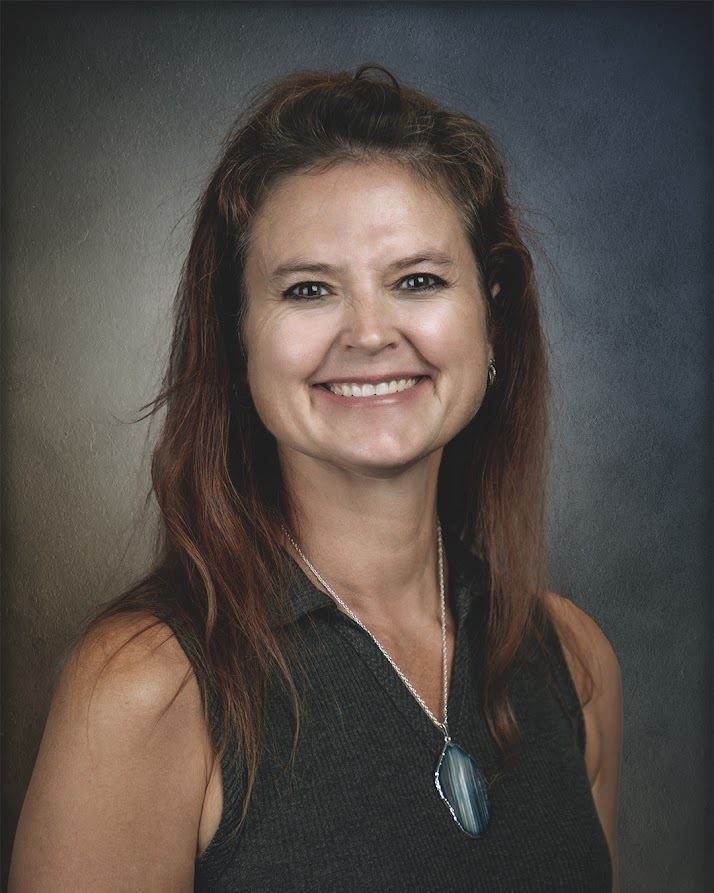


Participants will:
1. understand the value to them of utilizing one point rubrics versus traditional multi-point rubrics
2. understand how one point rubrics provide more opportunities for clear data collection and evidence of student learning, deficits, and strengths
3. understand how easy it is for students to use one point rubrics
4. understand how parents/guardians can easily access the needed information in a one point rubric compared to a traditional rubric
We will focus on how to create one point rubrics in Google Classroom but will also look at how to create them using spreadsheet software of the users choice, as well as creating them in a Google Doc/Word Document.
We will also discuss how to break down the standards to assess only one thing, rather than multiple items (which many standards do). We will also look at standard items that they may want to include in their rubrics no matter what, these including spelling, grammar, punctuation, citations, images, etc.
There will be discussion as well as model and do for how the information will be shared.
Welcome: (10 minutes) Will introduce myself and have participants join a Google Classroom with their personal accounts. There will be a welcoming assignment that we will need for later!
Why rubrics: (15 minutes) Will look at the history of rubrics, from those large nasty behemoths of yesteryear to streamlined one-point rubrics, will have teachers talk with a nearby person about a rubric that they have either used or been subjected to in the past. Will discuss the why to one point rubrics, outlining how they benefit teachers, students, and parents alike.
Creation: (20 minutes) How to create and grade with a one point rubric, with a focus on Google Classroom's rubric tool and Google Sheets
Questions: (5 minutes) Time for questions!
Peergrade:
https://medium.com/peergrade-io/why-are-rubrics-so-important-299f624b0ed6
ASCD:
http://www.ascd.org/publications/books/112001/chapters/What-Are-Rubrics-and-Why-Are-They-Important%C2%A2.aspx
Edutopia:
https://www.edutopia.org/assessment-guide-rubrics
Cult of Pedagogy: https://www.cultofpedagogy.com/single-point-rubric/
Edutopia: https://www.edutopia.org/article/6-reasons-try-single-point-rubric
Shaelynn Farnsworth: https://shaelynnfarnsworth.com/2019/09/16/4-ways-to-use-single-point-rubrics/